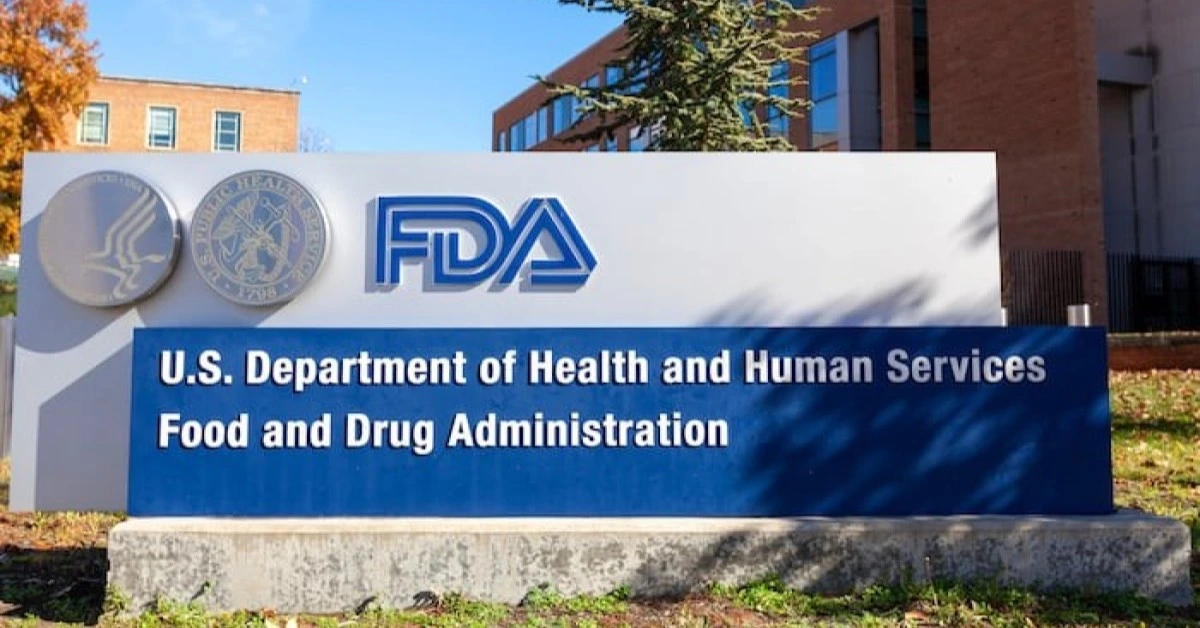
USA – Two senior officials from the Office of Prescription Drug Promotion (OPDP) have resigned in a shake-up at the U.S. Food and Drug Administration (FDA), raising questions about the future of drug advertising regulation.
Catherine Gray, the OPDP’s director, and Mark Askine, her deputy, stepped down effective immediately, according to a report from Politico’s AgencyIQ news service.
Their departures follow the recent layoffs of Kathleen David and Amy Muhlberg, director and deputy director of the Division of Promotion Policy, Research, and Operations (DPPRO), along with the entire DPPRO staff.
The OPDP plays a crucial role in reviewing prescription drug advertising and promotional labeling to ensure that information presented to consumers is not false or misleading.
The sudden loss of its top leadership and key personnel raises questions about the FDA’s ability to maintain rigorous oversight of direct-to-consumer (DTC) pharmaceutical marketing.
These staffing changes occur amid a broader restructuring initiative led by Health and Human Services (HHS) Secretary Robert F. Kennedy Jr., who has been vocal about his desire to ban prescription drug advertising on television.
Kennedy has argued that such advertising contributes to unnecessary prescribing and inflates healthcare costs.
In line with this perspective, FDA Commissioner Martin Makary recently announced a policy limiting employees of companies regulated by the agency from serving as official members on FDA advisory committees, aiming to reduce potential conflicts of interest.
The pharmaceutical industry’s substantial investment in advertising underscores the potential impact of these developments.
A report from the Campaign for Sustainable Rx Pricing indicated that the ten largest pharmaceutical companies in the U.S. spent nearly US $14 billion on promotional efforts in 2023.
The Congressional Budget Office has suggested that limiting such advertising could reduce prescription drug spending and increase federal tax revenues by up to US $1.7 billion annually.
XRP HEALTHCARE L.L.C | License Number: 2312867.01 | Dubai | © Copyright 2025 | All Rights Reserved